Global Governance
Your Present Location: PROGRAMS> Global Governance-
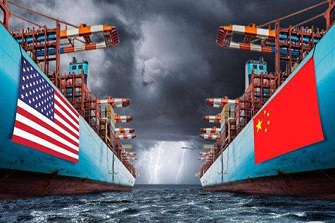
Wang Wen: Too Early To Talk About China-U.S. P2 Trade Agreement
China and the US signed the phase one (P1) trade agreement on Jan. 15, 2020. Additionally, in a recent interview, US Vice President Mike Pence said that negotiations for the phase two (P2) trade agreement are already under way. But in my opinion, the top priority now for the two powers is deciding how to ensure the implementation of the phase one trade agreement.
2020-02-17 -
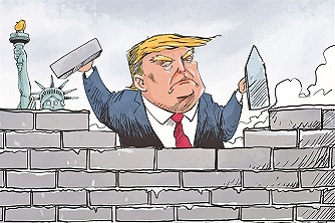
He Weiwen: US’ WHO funding cut plan amid epidemic exposes lack of responsibility
Just as the world is combating the novel coronavirus pneumonia (COVID-19), Ebola and locust plague in Africa, the US government seeks to halve its funding for the World Health Organization (WHO). It's selfish and indifferent moves once again clearly exposes a severe lack of international responsibility. Instead of providing aid as it should have, the US again makes baseless fear-mongering actions and words, all of which have been quelled by China's open, transparent, responsible stance, and its positive cooperation with the WHO.
2020-02-17 -
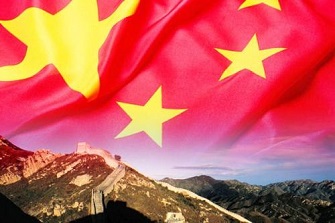
Wang Wen: China and its Long March: End in Sight? Not Yet
China has entered a new era of development. China now has an impact on the world that is ever more comprehensive, profound, and long-lasting, and the world is paying ever greater attention to China. What path did China take? Where is China going? What are China’s goals in shaping the world? How will China interact with the rest of the world? You can find the answer in the book “The Long March of Becoming a Powerful Country”.
2020-02-17 -
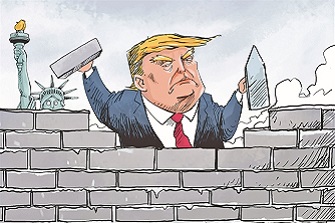
He Weiwen: US’ WHO funding cut plan amid epidemic exposes lack of responsibility
Just as the world is combating the novel coronavirus pneumonia (COVID-19), Ebola and locust plague in Africa, the US government seeks to halve its funding for the World Health Organization (WHO). It's selfish and indifferent moves once again clearly exposes a severe lack of international responsibility. Instead of providing aid as it should have, the US again makes baseless fear-mongering actions and words, all of which have been quelled by China's open, transparent, responsible stance, and its positive cooperation with the WHO.
2020-02-17 -
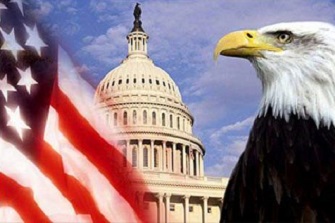
He Yafei: Challenges for China in U.S. Election Year
The U.S. general election this year will be a special one in American politics. Bilateral ties will see greater uncertainty, and relations will be even more difficult to handle. All of this suggests China needs to maintain strategic calm, think from a long-term perspective, adhere to principles, observe developments with a cool mind and avoid jumping to rash conclusions about certain matters as they suddenly crop up.
2020-02-17 -
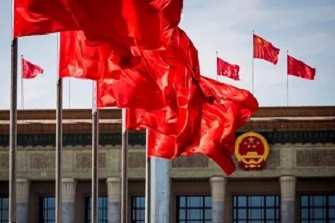
Ding Gang: Foreign perceptions won't influence China
What the outside world sees from the epidemic is not static but dynamic. The situation in China is undergoing rapid changes. It is these changes that will eventually break preconceived views and give the world a more comprehensive understanding of China. Today's China is still in its developing phase and one of the main challenges in the future will be how it tackles its domestic problems. China's development is not determined by how the outside world sees China, but how China remains firm on its chosen path. In this process, it is of vital importance that China's governance system should advance with the times and have a strong ability to self-correct.
2020-02-14 -
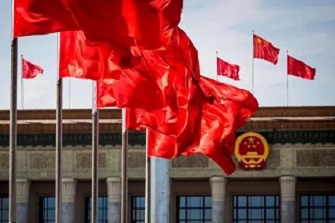
Ding Gang: Foreign perceptions won't influence China
What the outside world sees from the epidemic is not static but dynamic. The situation in China is undergoing rapid changes. It is these changes that will eventually break preconceived views and give the world a more comprehensive understanding of China. Today's China is still in its developing phase and one of the main challenges in the future will be how it tackles its domestic problems. China's development is not determined by how the outside world sees China, but how China remains firm on its chosen path. In this process, it is of vital importance that China's governance system should advance with the times and have a strong ability to self-correct.
2020-02-14 -
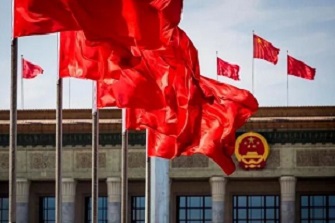
Ding Gang: Foreign perceptions won't influence China
What the outside world sees from the epidemic is not static but dynamic. The situation in China is undergoing rapid changes. It is these changes that will eventually break preconceived views and give the world a more comprehensive understanding of China. Today's China is still in its developing phase and one of the main challenges in the future will be how it tackles its domestic problems. China's development is not determined by how the outside world sees China, but how China remains firm on its chosen path. In this process, it is of vital importance that China's governance system should advance with the times and have a strong ability to self-correct.
2020-02-14 -
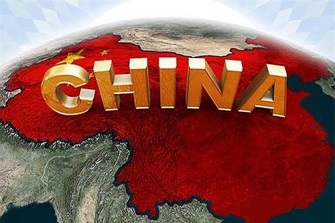
Willism Jones: There's no doubt China will bounce back from epidemic's impact
There has been a great outpouring of sympathy for China throughout the world in the wake of the sudden outbreak of the novel coronavirus pneumonia. But, at the same time, those forces in the West who have been adamantly opposed to the admission of China into the pantheon of world powers, have seen this catastrophe as an opportunity to throw new obstacles in the path of China's rise.
2020-02-13 -
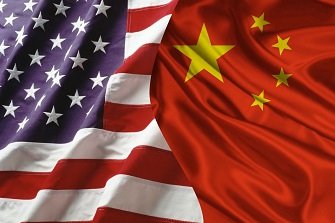
Zhao Minghao: Washington pressure tactics on Beijing are sure to boomerang
Chinese President Xi Jinping on Friday spoke on the phone with US President Donald Trump, sending the world a positive signal about the bilateral ties between China and the US. Trump expressed his confidence in China's economic growth, and said the US fully supports China's efforts to control the novel coronavirus pneumonia (NCP). The two leaders also reaffirmed their commitment to implementing the phase one trade deal reached between the two countries in January.
2020-02-12 -
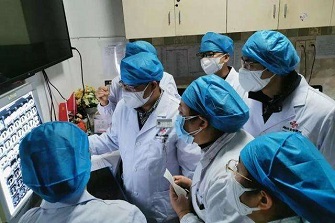
John Ross: Realism and clear-headed thinking a must in the coronavirus crisis
If the coronavirus is not contained it is a serious threat to the whole of humanity in every country. But so far the decisive actions of the Chinese government, which have been strongly praised by the World Health Organisation and other responsible international bodies, are containing that threat. The suffering in Hubei province is intense and tension is naturally great throughout China’s medical teams, who are the front line not only for their country but for humanity, battle to contain the virus. Not only China but the whole world is entirely depending on them.
2020-02-10 -
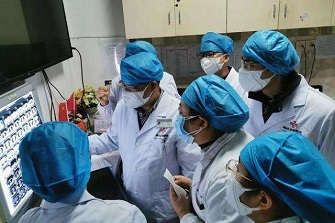
John Ross: Realism and clear-headed thinking a must in the coronavirus crisis
If the coronavirus is not contained it is a serious threat to the whole of humanity in every country. But so far the decisive actions of the Chinese government, which have been strongly praised by the World Health Organisation and other responsible international bodies, are containing that threat. The suffering in Hubei province is intense and tension is naturally great throughout China’s medical teams, who are the front line not only for their country but for humanity, battle to contain the virus. Not only China but the whole world is entirely depending on them.
2020-02-10 -
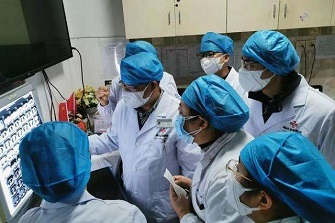
John Ross: Realism and clear-headed thinking a must in the coronavirus crisis
If the coronavirus is not contained it is a serious threat to the whole of humanity in every country. But so far the decisive actions of the Chinese government, which have been strongly praised by the World Health Organisation and other responsible international bodies, are containing that threat. The suffering in Hubei province is intense and tension is naturally great throughout China’s medical teams, who are the front line not only for their country but for humanity, battle to contain the virus. Not only China but the whole world is entirely depending on them.
2020-02-10 -
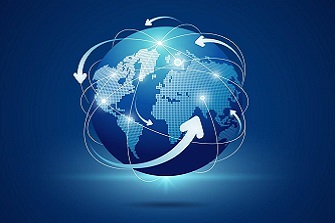
Danilo Türk: Int'l cooperation against coronavirus is urgently needed
Now is a good time to remind the world leaders of the half-finished debates of the past two decades and of the need to strengthen the international cooperation for an adequate protection against the global spreading of infectious diseases.Peace is more than a mere absence of a global war. Peace requires much more and protection of lives against epidemics must be a priority. This is not a time for futile criticism of globalization, but rather a time for strengthened multilateral cooperation, which alone can secure a peaceful and a more prosperous world.
2020-02-05 -

Ding Gang: Why isn’t the BRI a strategy of China?
Western strategists have intentionally or unintentionally ignored the fact that China has not called the "Belt and Road" a strategy, but an initiative. One of the reasons is that the Belt and Road Initiative (BRI) is not China-centric, nor to create an alliance. BRI is a cooperative initiative targeted at development. It aims to build a platform to achieve joint development with other countries. China does not engage in building a closed circle excluding other countries.
2020-02-05 -
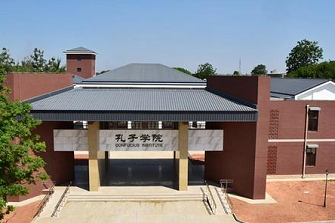
Wang Peng: Confucius Institutes in Brazil and BRICS Education Cooperation
For the most part of the first decade in the 21st century, the five BRICS countries—Brazil, Russia, India, China, and South Africa —were among the fastest growing emerging markets. Certainly, the term, first coined as “BRIC” by Goldman Sachs in 2003, does not mean that these countries are a political alliance (like the European Union) or a formal trading association, though they have the potential to form a powerful economic bloc. Leaders from the BRICS countries regularly attend summits together and often act in concert with each other’s interests.
2020-01-20 -

Text of phase one deal balanced, fair
After nearly two years of fighting, Chinese Vice Premier Liu He and US President Donald Trump signed the phase one trade agreement in a lengthy grand signing ceremony at the White House on Wednesday (US time).The phase one trade agreement between China and the US reflected what Chinese officials have long stressed - that any deal must be balanced and fair and include initiatives that, if properly executed, could help address disputes and avoid further confrontation, Chinese analysts said on Thursday.
2020-01-17 -
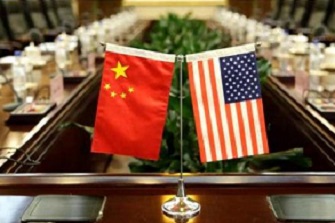
He Weiwen: What does phase one trade deal mean for China's financial market?
China and the U.S. signed the phase one trade agreement on January 15, 2020, after their on-and-off negotiations and tariff escalations that lasted for nearly two years. The phase one agreement is a hard-won achievement, indicating a temporary detente in the bilateral trade relations, providing a relatively stable and predictable environment for coming months. It also suggests a pathway for managing the two sides' differences in the future.
2020-01-17 -
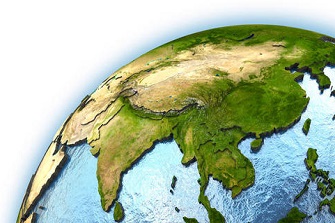
Ding Gang: Will India miss chance offered by Myanmar?
As China and Myanmar deepen relations, many Westerners believe that India's strategic room in the Indian Ocean region would be squeezed. New Delhi has a similar standpoint, thinking it should strengthen cooperation with countries in the vicinity so as to neutralize the increasing strategic presence of China in the region. Such viewpoint has influenced India's participation in the China-proposed Belt and Road Initiative (BRI), and it has actually put the two neighbors in opposite positions in a zero-sum game.
2020-01-16 -
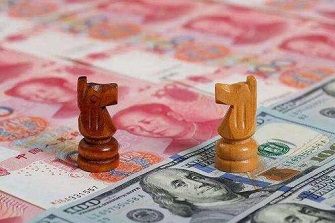
Correcting mistakes a good start for phase one trade deal
A US decision to remove its designation of China as a currency manipulator in an apparent goodwill gesture ahead of the looming phase one trade agreement was met with widespread criticism on Tuesday in China, where many argued that the label was a mistake in the first place.However, the US move also showed signs that Washington is returning to rationality instead of political bullying tactics in the wake of the phase one agreement that could be beneficial to China, the US and the global economy in the long run, some Chinese experts said.
2020-01-16
























































































 京公网安备 11010802037854号
京公网安备 11010802037854号





